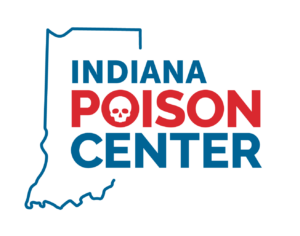It’s that time of year again. Parents are wandering through stores with school supply lists in hand, searching for paper, pencils and other items to fill their child’s backpack. In some instances, however, there may be more than school supplies in backpacks. A number of children take prescribed medicine for a diagnosed condition, or are taking over the counter medication, that have to be administered during school hours. Historically, school districts have not allowed medication, prescribed or over the counter, to travel to and from school with the student. In more recent times, schools have been allowing it, if parents sign a waiver. Medication in backpacks and lunchboxes, mixed in with other personal belongings, can be dangerous not only to the child for whom the medication is intended but to schoolmates, as well. When sending medication to school with your child, keep it in its original container to ensure the important information (ie: proper dosage) is available
Pills and liquid medication are not the only items to be aware of. Creams and ointments can also cause problems, if used the wrong way. Rescue inhalers can be lifesavers for children with asthma but can also cause increased heart rate, when used inappropriately.
Here are some tips to help protect your student and his/her peers from unintentional poisoning:
- – Find out exactly what the school’s medication policies are (who can transport medication, who will/can administer medication, how and where it will be stored, etc)
- – Take some time to personally talk with your child’s teacher and school nurse about the medication. Be sure to let them know of any observed side effects, especially those that can adversely affect the child, and his/her classmates and school mates.
- – Keep the medication in its original container or ask the pharmacist for an extra container with the information that can be sent to school.
- – It may be helpful for the teacher to have a separate paper detailing the instructions for the medication, in addition to the original container. Many schools will even have a form for this purpose.
- – Include the number of the poison center, 1-800-222-1222, in the information you send to school.
- – Keep in mind that backpacks and “big kids’ stuff” are exceptionally attractive to younger siblings. Establish a routine for safe after school storage of medications riding in backpacks
- – Never expect a child to manage their medication on their own.
- – Teach children to respect medication and that it should only be taken when necessary and according to the directions on the label.
Taking these simple precautions can help ensure that your child takes medication safely and unintentional poisoning is avoided. If you or someone you know has or may have been poisoned, call the Poison Center immediately at 1-800-222-1222, where experts are standing by 24 hours a day, 7 days a week, 365 days of the year.
